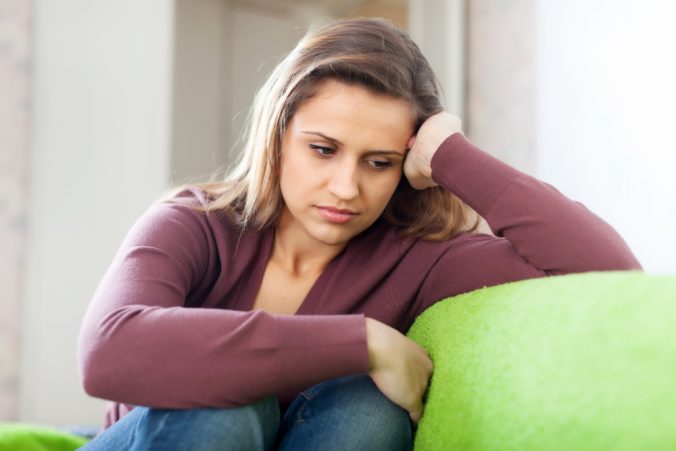Category: Assess your own symptoms
Hot flashes and night sweats? You all know about those. What I would like to do here is to inform on the things that you might not know about menopause.
Many women experience other symptoms that they find quite difficult to identify.
For example, they might find themselves much more irritable or moody. Some women suddenly find hard to cope with tasks or family life problems that were not an issue before. The problem is that these changes very often happen before the classical symptoms and therefore are very often misdiagnosed for something else like normal depression.
On top of that many women and doctors at times might rely on a blood test to see if what they are experiencing is due to menopause or not. The blood test comes back invariably normal because as I explained to you before the blood level of FSh will change usually after your periods have stopped.
The conclusion usually is that you get labelled with depression or anxiety disorders and you get prescribed with medication. The correct answer is that you are not going crazy and that menopausal changes can be responsible for the way you feel. Many other women have had the same and unfortunately, women in Ireland are not very keen in sharing this type of experience.
So talk to your friends about it and maybe consider menopause as a diagnosis and menopause treatment as a solution.
There are some menopause classical consequences that women are not always aware of.
The main one would be changes in your vagina and bladder. The vaginal mucosa is a primary target organ for oestrogens. Once the oestrogens are not there anymore the mucosa will thin and change. This physiological change will manifest with discomfort in having sex and often symptoms that women label as recurrent thrush.
This is a symptom that will happen to all women at some stage, unlike hot flashes and night sweats that can vary from woman to woman. You need to decide if this is an important issue or not for you when you are looking at treatment options.
This symptom will usually manifest itself in your late 50’s if you are not on HRT but can start earlier in some cases.
There are effective treatments available which your doctor will be able to discuss with you.
The main thing for now is that you understand that this change WILL HAPPEN and if your sex life is important for you, you need to make a plan.
Treating vaginal symptoms can involve sistemic HRT but it can also be done without it.
Options without systemic HRT are:
-localised (vaginal) oestrogen. Using local oestrogen does not affect you risk of breast cancer or any other systemic disease.
-using proper lubricants. Silicone based ones are a better options.
-laser treatment. A non invasive non surgical approach to improve the quality of your vaginal tissue.
for more info :
http://www.femalase.com/renovalase




